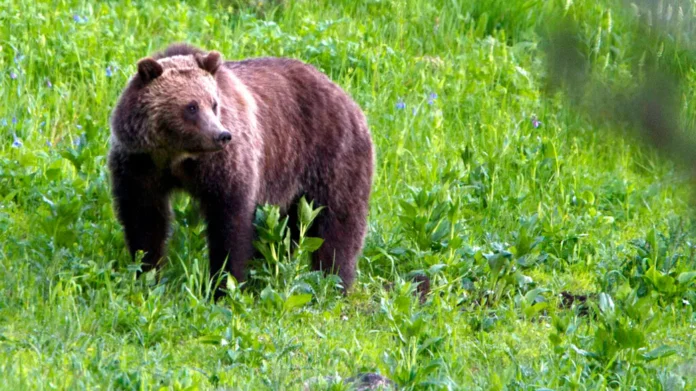Political Battles and Partisan Ideologies: A Threat to the Endangered Species Act and the Animals it Protects
The Endangered Species Act (ESA) was passed 50 years ago, during the Nixon administration, with bipartisan support and unanimous approval. It was a landmark legislation that aimed to protect and preserve the diverse wildlife of our nation. However, today, the ESA and the animals it is supposed to serve are facing a new threat – political battles and partisan ideologies.
A recent case study published in Frontiers has shed light on the changing landscape of wildlife management under the ESA. The study highlights how the once bipartisan and unanimous support for the ESA has now turned into a battleground for political ideologies. This has resulted in a significant shift in the way the ESA is being implemented, ultimately putting the survival of endangered species at risk.
The ESA was enacted to protect and recover species that are on the brink of extinction. It has been successful in preventing the extinction of iconic species such as the bald eagle, grizzly bear, and gray wolf. However, the ESA has also faced criticism from certain political groups who argue that it hinders economic development and infringes on property rights. This has led to a constant battle between those who want to protect endangered species and those who prioritize economic growth.
One of the major changes in wildlife management under the ESA is the increasing use of exemptions and waivers. These allow certain industries to bypass the ESA regulations and continue their activities, even if they pose a threat to endangered species. This has been a result of pressure from political groups and lobbyists who prioritize economic interests over the protection of wildlife.
Another concerning trend is the politicization of the ESA listing process. The ESA requires the U.S. Fish and Wildlife Service (USFWS) to make listing decisions based solely on scientific evidence. However, in recent years, there have been instances where political pressure has influenced the listing decisions, resulting in delays or even denial of protection for certain species. This not only goes against the purpose of the ESA but also puts the survival of endangered species in jeopardy.
Moreover, the ESA has also become a target for budget cuts and funding restrictions. This has severely impacted the USFWS’s ability to carry out its duties under the ESA, such as conducting research, monitoring species, and implementing recovery plans. As a result, the ESA has become less effective in protecting endangered species, and many species have been left without the necessary resources for their recovery.
The consequences of these political battles and partisan ideologies are dire. The ESA was enacted to protect and preserve our nation’s wildlife for future generations. However, if we continue down this path, we risk losing some of our most iconic and unique species forever. The ESA is not just about protecting animals; it is about preserving the delicate balance of our ecosystems and ensuring the sustainability of our planet.
It is time for us to put aside our political differences and come together to protect our wildlife. The ESA has proven to be a successful legislation, and it is crucial that we continue to support and strengthen it. We must also hold our elected officials accountable and urge them to prioritize the protection of endangered species over political interests.
Furthermore, it is essential to recognize that the ESA is not just a conservation issue; it is a moral and ethical responsibility. We have a duty to protect and preserve the diversity of life on our planet, and the ESA provides us with the necessary tools to do so. We cannot let political battles and partisan ideologies stand in the way of fulfilling this responsibility.
In conclusion, the ESA and the animals it is supposed to serve are facing a significant threat from political battles and partisan ideologies. It is time for us to come together and prioritize the protection of endangered species over political interests. We must ensure that the ESA continues to be a bipartisan and unanimous legislation, just as it was 50 years ago. Let us not forget the true purpose of the ESA – to protect and preserve our nation’s wildlife for generations to come.

